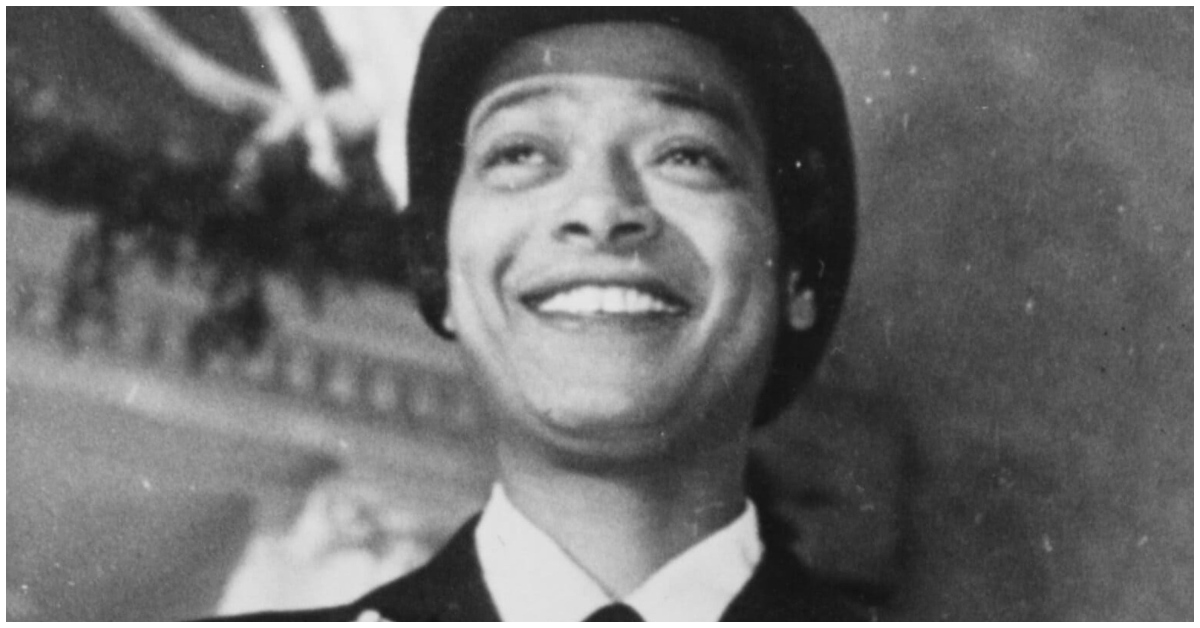A Pioneering Figure in Naval History
Harriet Pickens, born in 1909 in Talladega, Alabama, shattered barriers as one of the first African American women commissioned in the United States Navy.
Defying racial prejudice, Pickens excelled in her training, finishing at the top of her WAVES (Women Accepted for Volunteer Emergency Service) commissioning class. Her remarkable achievement paved the way for greater diversity and inclusion in the military.
A Life Dedicated to Service
Beyond her naval career, Pickens was a tireless advocate for public health and civil rights. After World War II, she worked as a public health administrator, contributing to the well-being of underserved communities.
Pickens also served at the New York City Commission on Human Rights, championing racial equality and fighting against discrimination.
The Pickens Legacy
Harriet Pickens’ legacy extends far beyond her groundbreaking military service. She was the daughter of William Pickens, a renowned educator and civil rights leader who played a pivotal role in the Marcus Garvey controversy.
Despite initial opposition to Garvey’s leadership, the younger Pickens later advocated for his release, recognizing the racial injustice he faced.
Exceeding Expectations
Pickens’ determination and excellence knew no bounds. According to historical records, she not only caught up with her fellow classmates but surpassed them, graduating at the top of her WAVES commissioning class.
Her achievements shattered stereotypes and inspired generations of women to pursue their dreams, regardless of their race or gender.
In December 1944, Pickens and Frances Wills made history as the first African American women commissioned in the U.S. Navy. Assigned to the Hunter Naval Training Station in the Bronx, Pickens served as a lieutenant, the first Black woman to earn this distinction, overseeing the physical training phase for WAVES recruits.





